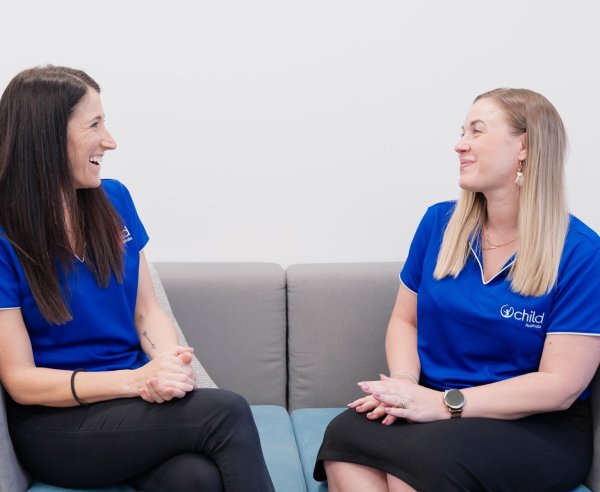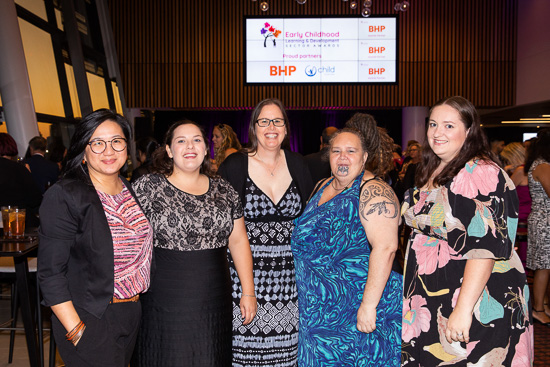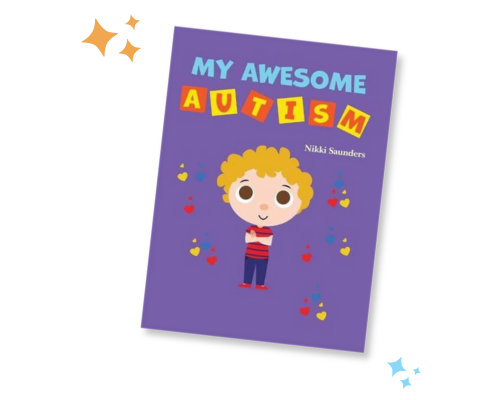“I don’t know how to support this child?”
“Where do I go for information?”
“How am I supposed to educate and care for the children when some need constant 1:1?”
These are phrases we consistently hear throughout the sector and while we understand the potential pressure, lack of resources and time constraints, we also feel accountability is key when supporting children with additional needs.
Whether you are supporting a child with a diagnosed intellectual disability, neurodiversity, current assessment process or complex developmental trauma, the same key areas apply to building your own support system.
- Relationship-building
A basic but incredibly important concept that is embedded into the NQF, our curriculum frameworks and everyday practice. Yet this is where we often get a little lost as educators. We try to place children into the same “box” when really, children are all very individual with very individual needs. Developing a relationship with each individual child and truly understanding them for who they are is so important for success in supporting each child to be included into your services. - Knowledge-base
This is where the accountability of individuals within the sector is important. Unfortunately, we know some qualifications that many Educators have worked hard to complete lack important information about inclusion and supporting children with additional needs. However, it is also important that educators take a professional practice approach to extending upon their knowledge base and seek out further training and reading from reputable sources. - Skillset
We enter the workforce with a set of skills that at times require further development. Time constraints and a lack of mentorship can impact upon our development of skills. Reflecting on your skillset and seeking additional support from a mentor, leader or organisation is important.
The above key areas are just some of many you can focus on to build confidence in supporting children with additional needs and embedding inclusive practice into your services. This topic is so important when you consider the rights of children, particularly this month as we celebrate Universal Children’s Day.
Our latest webcast “Supporting Children with Additional needs” explores this concept in a conversational way that addresses some practical strategies you can implement within your everyday practice.



